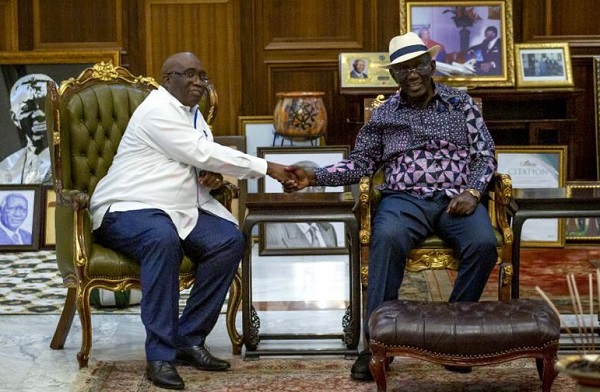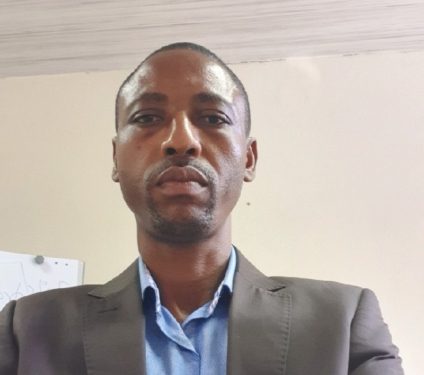GBC boss wants TV license to be made media tax to yield more revenue

Director-General of the State broadcaster, Ghana Broadcasting Cooperation, Prof Amin Alhassan has asked for the use of another strategy in the collection of the TV license after the collection stalled due to the myriad of implementation challenges it was facing.
Professor Alhassan wants it to be introduced as the media tax, an option he thinks will yield the maximum funding results for the state broadcaster.
According to him “Research has consistently demonstrated that when it comes to reliability or confidence in the media, public service broadcasters across the world stand out. A recent study found out that in Germany when public broadcasting is shut down their journalism will go down. What does that tell?
“That every German agreed to pay a certain amount of tax towards keeping public service broadcaster alive, every British agrees, for the Americans, it is part of their federal votes.
“What it tells us is that we have to, in this country, agree that there must be a clear conversation of asking us what type of public service broadcasting system do you want? Do you want one that is competing for advertising with the private media or you want one that will singularly be focused on delivering on public service?” he quizzed journalists.
He made this point at a media forum organised by the Ministry of Parliamentary Affairs in Accra.
The TV License Fee after its introduction has been going through a myriad of implementation challenges while others think it has lost its value hence the calls for it to be scrapped.
Information Minister, Kojo Oppong Nkrumah, had revealed the government’s decision to scrap the TV License tax in February this year.
According to him, a proposed Digital Access Fund would replace the TV license fee.
The TV License Fees which was established by the Television Licensing Act – 1966 (NLCD 89) was re-introduced in 2015 to ensure TV owners pay fees.
Payment of the fee was then made mandatory in 2018 by the Akufo-Addo led administration that also insisted on prosecuting offenders.
Many Ghanaians were not in support of the idea to collect such funds for the state broadcaster (Ghana Broadcasting Corporation), arguing that its content cannot resonate with most Ghanaians at the moment.
By: Stella Annan | myactiveonline.com Twitter @activetvgh






